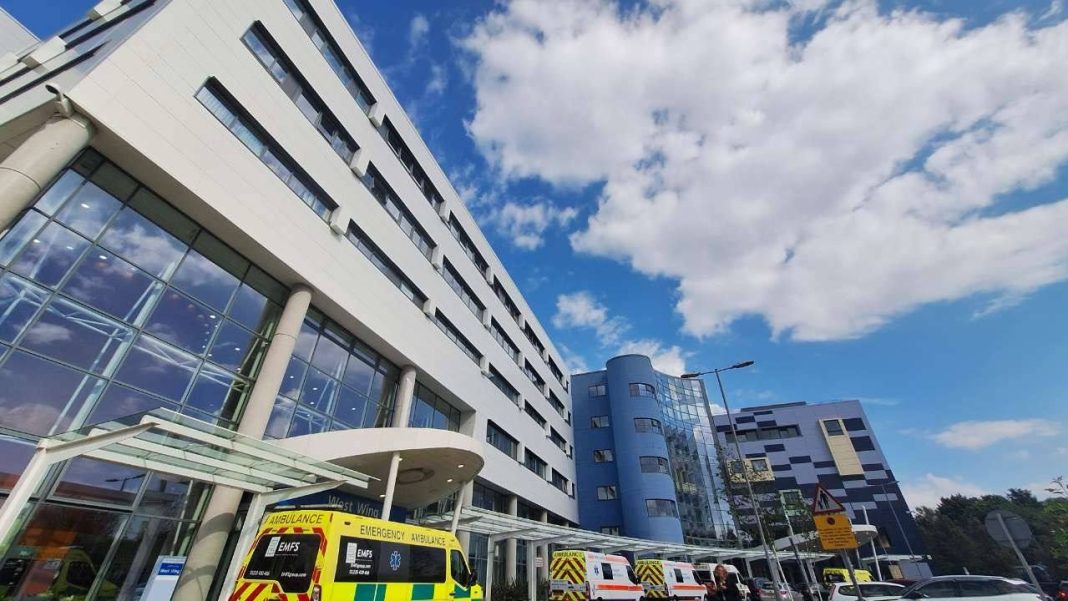Oxford University’s Biomedical Engineering department is recruiting volunteers to participate in a two-year study exploring the impact of head injuries to the developing brains of 11-18 year-olds.
Traumatic Brain Injury (TBI) is a leading cause of death and disability amongst young people, but research into the area remains limited. It is estimated that up to 30% of children who suffer brain injuries experience medium or long term symptoms, with TBI proven to increase the risk of dementia, according to Alzheimer’s UK. Standard clinical imaging, such as CT scans, might miss key signs of injury that could prevent these long-term impacts.
Study author Isabella Lovgren told Cherwell: “At the moment, we struggle to predict how well young people will recover following a head injury. We’re hoping that our advanced research MRI scans will be able to detect injury that would otherwise be missed”.
The researchers will look specifically for microstructural injury to nerve cells and changes in levels of brain chemicals. Through understanding the extent of the injury, they hope to ensure that the necessary support and care can be provided sooner, to “maximise each young person’s chances of making the best recovery possible”.
Professor Natalie Voets, another researcher leading the study said: “Despite the potentially important long-term effects, paediatric head injury has remained heavily understudied. We’re deeply indebted to the Podium Institute and our collaborating clinical and sports teams for their enormous support in helping to make this challenging research possible.”
Participants aged 11-18 years are invited to attend two research visits at the Oxford Centre for Integrative Neuroimaging, based at John Radcliffe Hospital. The visits take place six months apart and include a 30-40 minute MRI scan, some questionnaires and a short paper task. The study is partnered with the medical team for Oxford United, as well as the NGO Podium Analytics, amongst other groups, and will be completed around the summer of 2027.


